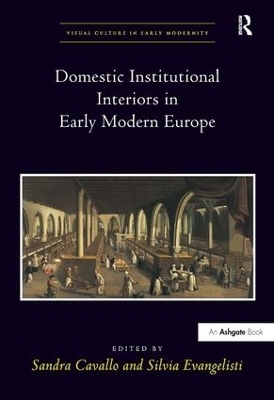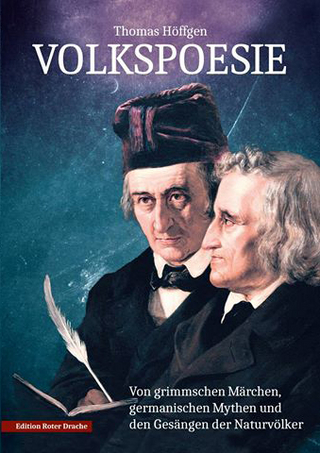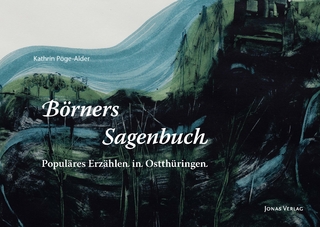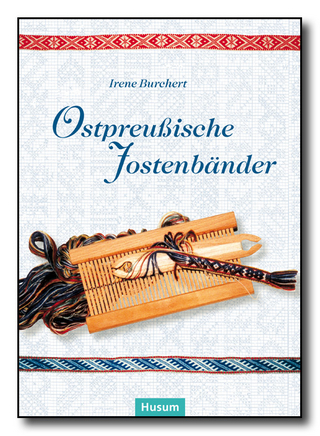
Domestic Institutional Interiors in Early Modern Europe
Routledge (Verlag)
978-0-7546-5647-0 (ISBN)
- Titel z.Zt. nicht lieferbar
- Versandkostenfrei innerhalb Deutschlands
- Auch auf Rechnung
- Verfügbarkeit in der Filiale vor Ort prüfen
- Artikel merken
The early modern period saw the proliferation of religious, public and charitable institutions and the emergence of new educational structures. By bringing together two areas of inquiry that have so far been seen as distinct, the study of institutions and that of the house and domesticity, this collection provides new insights into the domestic experience of men, women and children who lived in non-family arrangements, while also expanding and problematizing the notion of 'domestic interior'. Through specific case studies, contributors reassess the validity of the categories 'domestic' and 'institutional' and of the oppositions private public, communal individual, religious profane applied to institutional spaces and objects. They consider how rituals, interior decorations, furnishings and images were transferred from the domestic to the institutional interior and vice versa, but also the creative ways in which the residents participated in the formation of their living settings. A variety of secular and religious institutions are considered: hospitals, asylums and orphanages, convents, colleges, public palaces of the ducal and papal court. The interest and novelty of this collection resides in both its subject matter and its interdisciplinary and Europe-wide dimension. The theme is addressed from the perspective of art history, architectural history, and social, gender and cultural history. Chapters deal with Italy, Britain, the Netherlands, Flanders and Portugal and with both Protestant and Catholic settings. The wide range of evidence employed by contributors includes sources - such as graffiti, lottery tickets or garland pictures - that have rarely if ever been considered by historians.
Sandra Cavallo is Professor of Early Modern History at Royal Holloway University of London, UK. Silvia Evangelisti is Lecturer in Early Modern History at the University of East Anglia, UK.
Contents: Introduction, Sandra Cavallo and Silvia Evangelisti; Part I Organising and Representing Spaces: A temporary home: Bramante's conclave hall for Julius II, Henry Dietrich Fernández; Renaissance graffiti: the case of the ducal palace of Urbino, Raffaella Sarti; The Oxford college as household, 1580-1640, Louise Durning; Domestic spatial economies and Dutch charitable institutions in the late 16th and early 17th centuries, Jane Kromm; The housing of institutional architecture: searching for a domestic holy in post-Tridentine Italian convents, Helen Hills. Part II The Meaning and Use of Objects: From court to cloister and back again: Margherita Gonzaga, Caterina de' Medici and Lucrina Fetti at the convent of Saint Orsola in Mantua, Molly Bourne; Between spiritual and material culture: male and female objects at the Portuguese court 1480-1580, Isabel dos Guimarães Sá; The reception of garland pictures in 17th-century Flanders and Italy, Susan Merriam; A home fit for children: the material possessions of Amsterdam orphans, Anne E.C. McCants; Bibliography; Index.
| Erscheint lt. Verlag | 23.12.2009 |
|---|---|
| Reihe/Serie | Visual Culture in Early Modernity |
| Verlagsort | London |
| Sprache | englisch |
| Maße | 174 x 246 mm |
| Gewicht | 453 g |
| Themenwelt | Kunst / Musik / Theater ► Kunstgeschichte / Kunststile |
| Sozialwissenschaften ► Ethnologie ► Volkskunde | |
| Sozialwissenschaften ► Soziologie | |
| ISBN-10 | 0-7546-5647-0 / 0754656470 |
| ISBN-13 | 978-0-7546-5647-0 / 9780754656470 |
| Zustand | Neuware |
| Haben Sie eine Frage zum Produkt? |
aus dem Bereich


